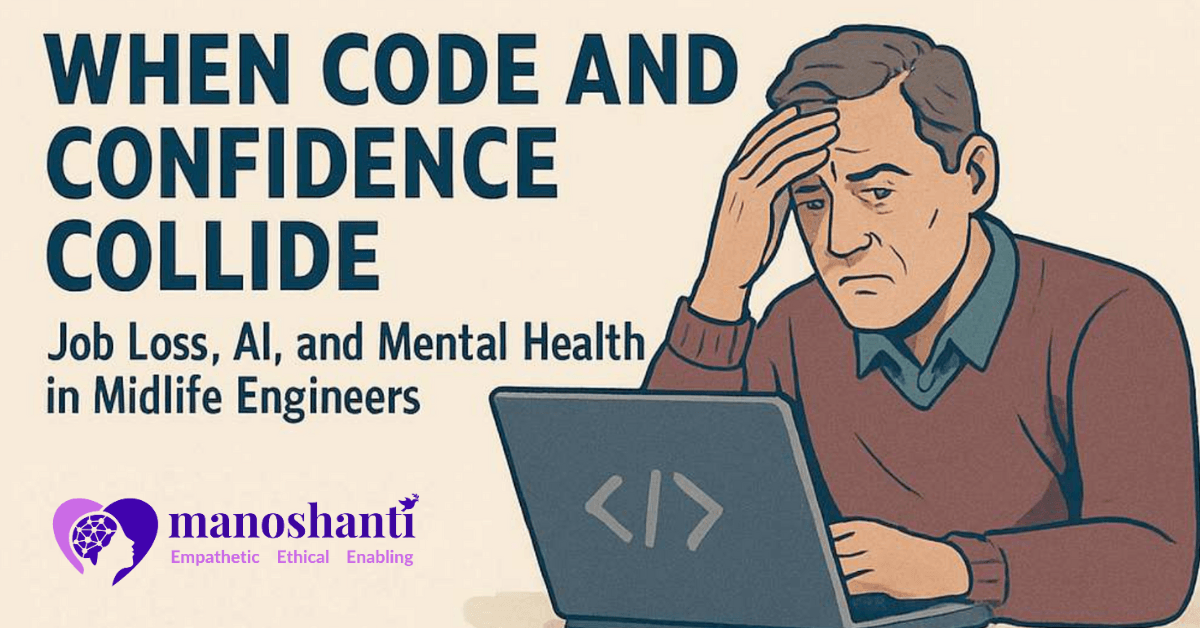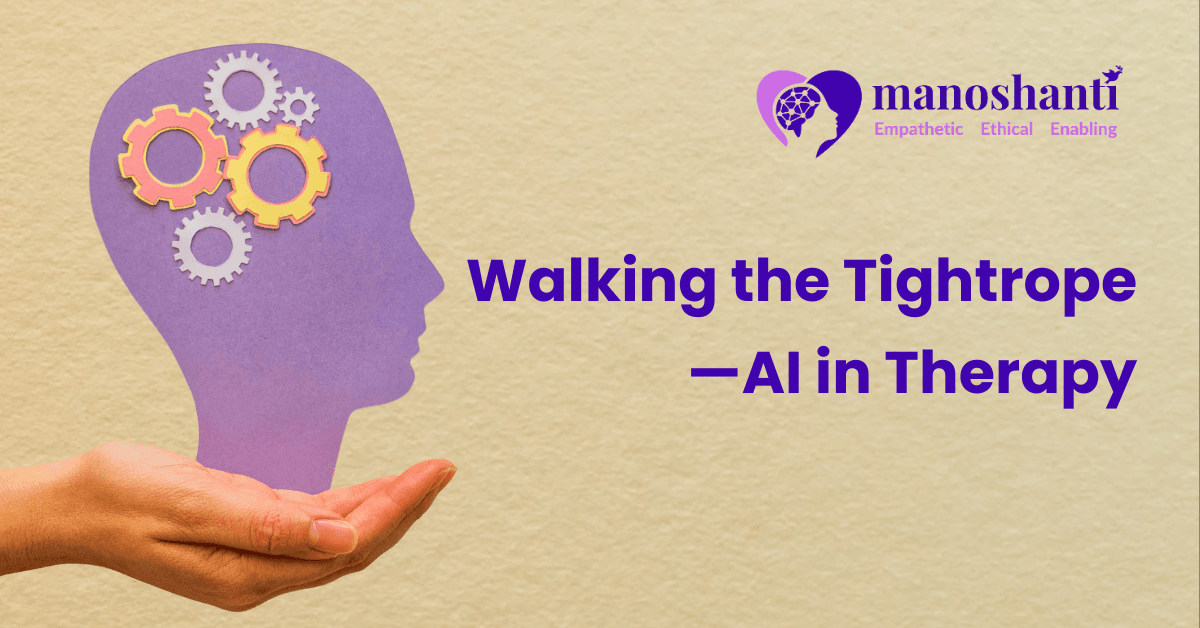Losing a job at any age is jarring, but for men aged 45 and above—many of whom built lives around a tech career—the blow can cut deeper. The rapid adoption of artificial intelligence in software development has accelerated layoffs across major companies, leaving seasoned engineers grappling with more than just unemployment. The stakes are higher when mortgages, school fees, and aging parents depend on a steady paycheck.
The Rising Tide of AI-Driven Layoffs
In 2025, tech giants eliminated over 77,000 positions as AI automated routine coding and support roles. Microsoft alone cut around 6,000 jobs, with more than 40% of those affected being software engineers instructed just months earlier to integrate OpenAI-powered tools into their workflows. As companies boast up to 25% AI-generated code, experienced developers face the threat of redundancy despite decades of domain expertise.
Financial Strain and Family Pressures
Many midlife engineers shoulder significant financial commitments:
• Mortgage or rent payments on family homes
• College tuition or training funds for children
• Healthcare costs for aging relatives
• Loan repayments and retirement savings plans
Without a fixed income, anxiety over meeting these obligations intensifies. The fear of depleting savings or tapping into retirement funds can compound feelings of helplessness, especially when job prospects feel distant.
The Psychological Toll of Midlife Unemployment
For men who view themselves as providers, job loss often attacks core identity. According to a clinical psychologist, men may experience shame, lowered self-esteem, and a sense of purposelessness after being laid off. This can lead to:
• Persistent anxiety about finances and family well-being
• Symptoms of situational depression, such as withdrawal or hopelessness
• Heightened self-doubt, believing skills have outlived their value
These reactions aren’t fleeting. Without intervention, they can spiral into chronic mental health conditions.
Barriers to Reemployment After 45
Age discrimination and skill-currency concerns create additional hurdles:
• Recruiters favor younger candidates fluent in the latest AI frameworks
• Older engineers may lack recent certifications or portfolio projects
• Networking events and industry meetups often skew towards early-career professionals
Longer job searches amplify financial pressure and erode confidence, perpetuating a cycle of stress and self-criticism.
Coping Strategies and Support Systems
Addressing mental health alongside job hunting is crucial:
• Seek peer support through industry-specific groups or veteran networking forums
• Reframing this phase as an opportunity for reinvention can foster resilience.
• Engage in structured routine: set daily goals for learning AI tools and applying to roles
• Explore bridge roles—consulting, training, or part-time projects—to maintain purpose
• Consider professional counseling, especially if symptoms of depression or anxiety persist
Building a New Path Forward
Midlife job loss, while daunting, can catalyze growth. Upskilling in AI-assisted development, gaining certifications in cloud or cybersecurity, and showcasing leadership in cross-functional teams can reignite career momentum. Equally important is nurturing physical and emotional well-being—regular exercise, social connection, and mindfulness practices can buffer the psychological strain.
By combining practical retraining with proactive mental health care, men over 45 can navigate the AI-shaped job landscape with renewed confidence and purpose.
If you or anyone that you know are facing mental health issues due to job loss, please reach out to Manoshanti for help





